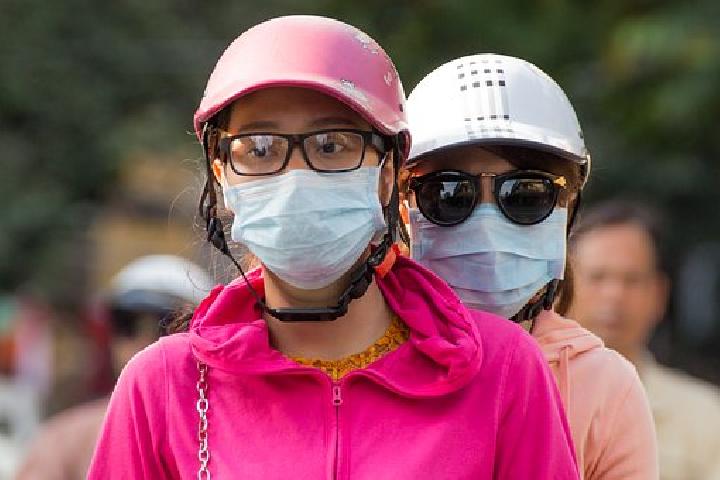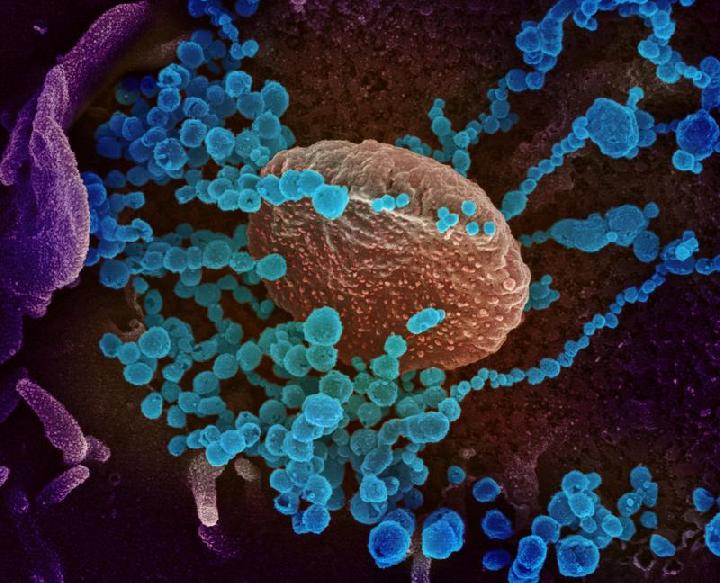Microplastic Pollution in Jakarta Bay Rises 10 Times During Pandemic
Translator
Editor
3 August 2022 23:17 WIB

TEMPO.CO, Jakarta - The latest study conducted by the National Research and Innovation Agency (BRIN) showed an increase in microplastic waste in the form of threads originating from personal protective equipment (PPE) at river outlets of Jakarta Bay during the COVID-19 pandemic.
“Microplastics are found in about 4.29 to 23.49 microplastic particles per 1,000 liters of river water with an average of 9.02 particles per 1,000 liters of river water moving towards Jakarta Bay,” said a researcher at BRIN’s Oceanographic Research Center M Reza Cordova in a written statement, Wednesday, August 3, 2022.
The microscopic-size plastic waste in the form of threads originating from PPE is indicated to have the same original form and type of chemical composition as medical masks.
Reporting from Antara, microplastic waste in Jakarta Bay increased 10 times in December 2020 from when the first COVID-19 case was detected in Indonesia in March 2020.
The results of the collaborative study by BRIN researchers coordinated by Reza with the Open University (UT), the University of North Sumatra (USU), IPB, and the UK’s University of Portsmouth concluded that a significant increase in microplastics occurred especially during high rainfall.
Microplastics were found in all nine river outlets studied in Jakarta, Bogor, Depok, Tangerang, and Bekasi (Jabodetabek) areas.
According to Reza, the highest addition of microplastics was found during the rainy season with an average of 9.02 particles per 1,000 liters of river water, while the lowest was found during the dry season at 8.01 particles per 1,000 liters of river water.
The implementation of strict regulations, dissemination, and public understanding are necessary to promote correct waste disposal methods. Systemic changes in the management of plastic waste, especially single-use plastics are also needed.
Reza further encouraged the community to take part in maintaining environmental health, especially related to the disposal of PPE waste including face masks.
ANTARA
Click here to get the latest news updates from Tempo on Google News























